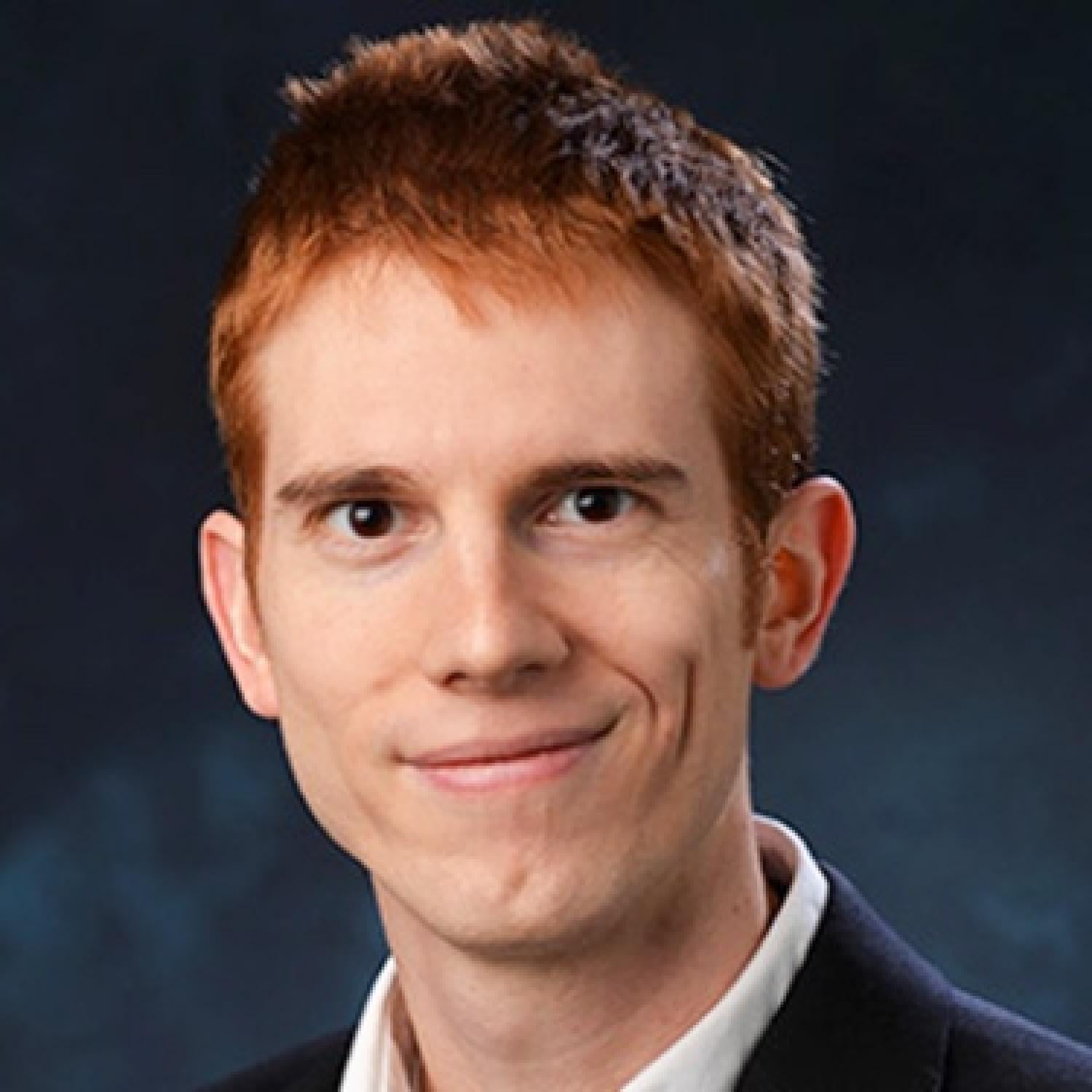Adam Holewinski receives Fulbright to synthesize renewable fuels and chemicals

Adam Holewinski, an assistant professor of chemical and biological engineering, has been awarded a prestigious fellowship to research efficient ways to produce sustainable chemical products and fuels using electricity from renewable sources like solar and wind.
Beginning in late August, Holewinski will spend five months as a 2023 Fulbright Scholar at the Technical University of Denmark (DTU), conducting research, advising graduate students and giving research talks at various universities in Denmark. Holewinski also hopes to establish ongoing collaborations between CU Boulder and DTU, and possibly with other Danish institutions, including student exchanges.
“It’s a new experience, both professionally getting to explore some new research avenues and personally getting to spend five months in Europe,” Holewinski said. “I haven’t been out of the country much, so I am looking forward to it.”
The Fulbright U.S. Scholar Program offers opportunities to teach, research and conduct professional projects in more than 135 countries and to expand American partnerships and share knowledge. Recipients are selected on the basis of academic and professional achievement, as well as a demonstrated leadership in their field.
A wide array of new opportunities
For Holewinski, the Fulbright award is an opportunity to advance the work of the Holewinski Research Group, which focuses on “efficient, renewable and environmentally benign catalytic processes for the production of energy, as well as commodity and fine chemicals.”
Producing chemical products like fuels, plastics and fertilizers very often requires a catalyst, a substance that speeds up chemical reactions and reduces the amount of energy used to drive the reaction. Usually this energy comes from heat derived from burning fossil fuels, but Holewinski’s research involves using electricity from renewable sources.
His research also involves designing new catalysts to convert renewable carbon sources such as sugars from biomass (e.g., plants or algae) into fuels that could replace fossil fuels and reduce harmful emissions. These renewable carbon sources can also be converted (using new catalysts) to create the organic building blocks needed to make sustainable, recyclable plastics.
Holewinski said that combining renewable electricity, catalysis and sustainable raw materials such as bio-carbon "introduces a wide array of new opportunities." For example, one common area of electro-catalysis research relates to splitting water into hydrogen and oxygen gases. Hoelwisnski said that it is theoretically possible to swap out the oxygen-producing reaction with something that generates other useful chemicals as reactions that produce each gas occur in separate compartments of an electrochemical cell.
"Hydrogen is valuable, as it can be used as a 'clean' fuel, but there is not a commensurate need for synthetic oxygen," Holewinski said.
His research involves developing the right catalyst to replace the reaction that makes oxygen with one that makes a high-value chemical, such as plant-based building blocks for plastics. Another research direction involves “rewiring” the oxidation catalyst to turn water into hydrogen peroxide, which is later used in a variety of chemical syntheses, as well as for water treatment and bleaching in the pulp and paper industry.
Overall, Holewinski says his research could lead to a decrease in emissions during the manufacturing of chemical products. The more efficiently it can be done with less infrastructure, such as requiring fewer solar panels to create the electricity, the closer his research will be to competitively creating alternatives to fossil fuels.
But, he says, his research is a long way from producing results that would improve the life of the average person.
“It would be very unrealistic to say I am going to go somewhere for five months and come out with a commercial product that will change the world,” Holewinski said. “The realistic hope is that we can bring some new methods and techniques to my research group so we can elevate the work we are doing.”

